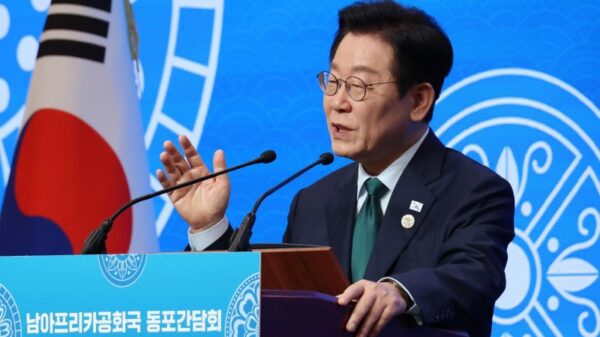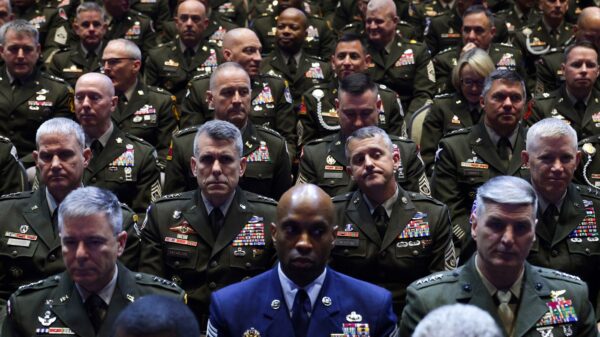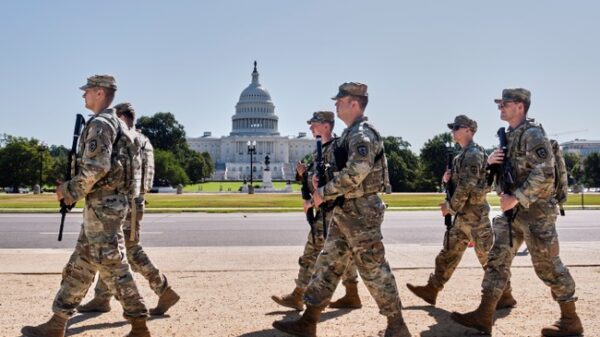Jason Crow, a Democratic representative from Colorado, is under intense scrutiny following remarks he made regarding military orders. Crow’s comments have sparked a heated debate, with critics accusing him of promoting insubordination among military personnel. This controversy centers around allegations that Crow, along with others, urged service members to disregard orders from former President Donald Trump that they deemed illegal.
The situation escalated when a social media user known as Data Republican publicly criticized Crow for what she described as “gaslighting.” In her post, she asserted that Crow’s comments were not innocuous reminders but rather attempts to mislead military and intelligence personnel into ignoring lawful orders. “Stop gaslighting. Just stop gaslighting,” she emphasized, expressing frustration over the implications of Crow’s statements.
Supporters of Crow argue that he was merely reinforcing the military’s obligation to follow lawful orders, a principle enshrined in their oath. Nevertheless, the backlash continued as critics highlighted the potential ramifications of such rhetoric on military discipline and loyalty. Crow’s defenders maintain that he was addressing the importance of legality in orders, particularly in the context of Trump’s presidency, which has been characterized by controversial directives.
In a further twist, conservative commentator Glenn Beck weighed in on the debate, emphasizing why Crow’s remarks could be seen as a significant issue for the military. He contended that encouraging troops to reject orders could undermine the fundamental structure of military command. Beck’s comments reflect a broader concern among some factions that any perceived insubordination could destabilize military integrity.
The discourse surrounding Crow’s comments raises questions about the responsibilities of elected officials in discussing military conduct and the potential consequences of their statements. As the debate unfolds, it highlights the polarized nature of American politics, where military matters often become battlegrounds for larger ideological conflicts.
In an unexpected reaction, Representative Elissa Slotkin also found herself embroiled in the controversy. She accused Trump of misrepresenting her statements, further complicating the narrative. Slotkin’s involvement illustrates the interconnectedness of various political figures in this unfolding drama.
As the public discourse continues, the implications of Crow’s remarks extend beyond political rivalry. The ongoing discussions emphasize the critical role of leadership in maintaining the integrity of military protocols and the necessity for clarity in communication regarding lawful orders. The military must navigate these complex dynamics, ensuring that service members understand their obligations without falling prey to political machinations.
The situation remains fluid, and further developments are expected as both sides of the political spectrum continue to weigh in on this contentious issue.








































































